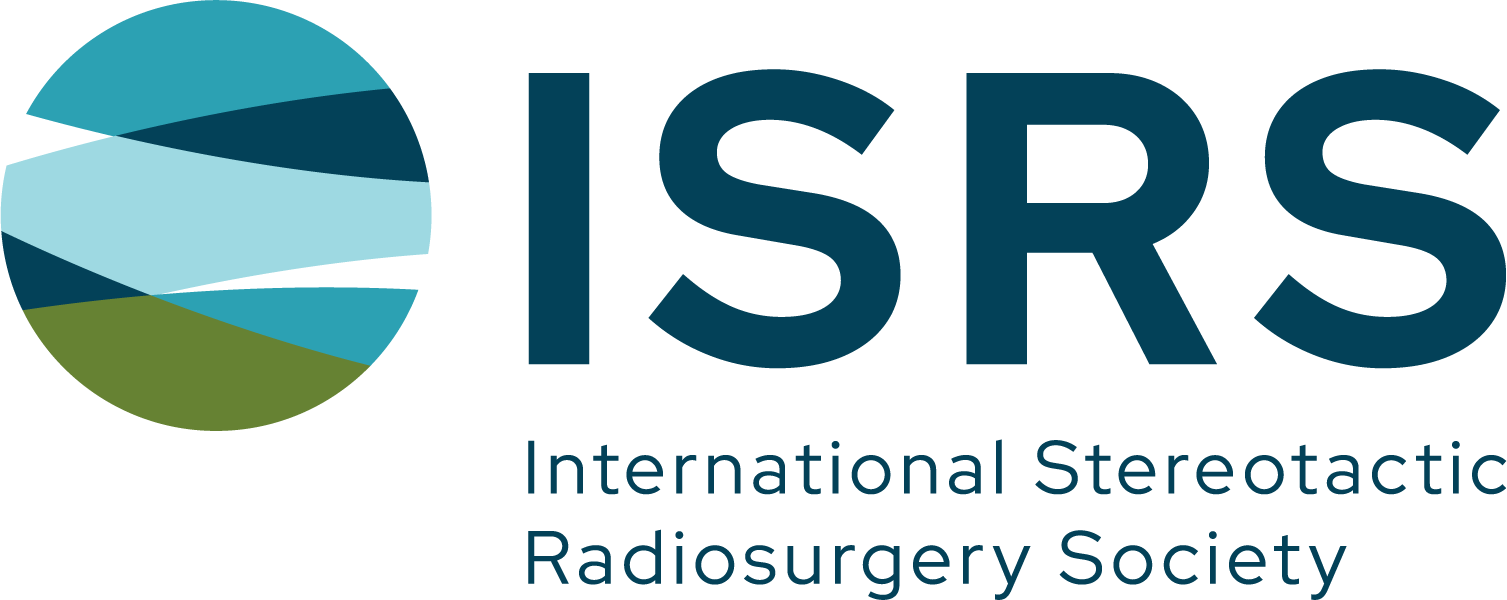Objective:
Solitary fibrous tumors (SFTs) constitute rare intracranial mesenchymal neoplasms with a high recurrence potential. Gamma Knife Radiosurgery (GKRS) has emerged as an effective adjunctive therapy for residual or recurrent intracranial and orbital disease following surgical resection. This study assesses the clinical and radiological outcomes of seven patients treated with GKRS at a single center, with particular emphasis on early tumor control and symptomatic response.
Methods:
Seven patients (mean age 35.1 years; range 10–60), including one pediatric case, underwent GKRS for histologically confirmed intracranial or orbital SFTs/HPCs or recurrent meningioma at the Dow Gamma Knife Radiosurgery Center, DUHS, Karachi, between February 2023 and February 2025. All patients had undergone prior single or multiple surgical resections, with varying degrees of conventional radiotherapy. GKRS was delivered in single or fractionated sessions (range: 13-14Gy in a single session and 25 Gy in five sessions for fractionated sessions, delivered at 50% isodose). Clinical and radiological follow-up was conducted using MRI brain with contrast at 3-6 monthly intervals.
Results:
At a median follow-up of 12.5 months (range 3–24 months), six of seven patients (85.7%) demonstrated radiographic regression of treated lesions. One patient exhibited disease progression at 17 months, necessitating consideration for re-treatment. Notably, a 10-year-old girl with orbital hemangiopericytoma and prior right eye enucleation received fractionated GKSRS (25 Gy in 5 fractions) and exhibited excellent clinical and radiologic response. Follow up MRI at 6 months revealed significant regression of the orbital lesion and the patient exhibited near-complete resolution of proptosis. Clinical improvements across the cohort included resolution of seizures, improved vision, reduced headaches, and functional gains. No radiosurgery-related complications were reported. The estimated 1-year progression-free survival (PFS) rate was 85.7%, and overall short-term survival remained 100%. No patient developed extracranial metastases.
Conclusion:
GKSRS appears to be an effective and safe modality for the treatment of residual or recurrent soft tissue sarcomas (SFTs) and hemangiopericytomas (HPCs), offering high short-term tumor control and symptomatic improvement in both adult and pediatric populations.


